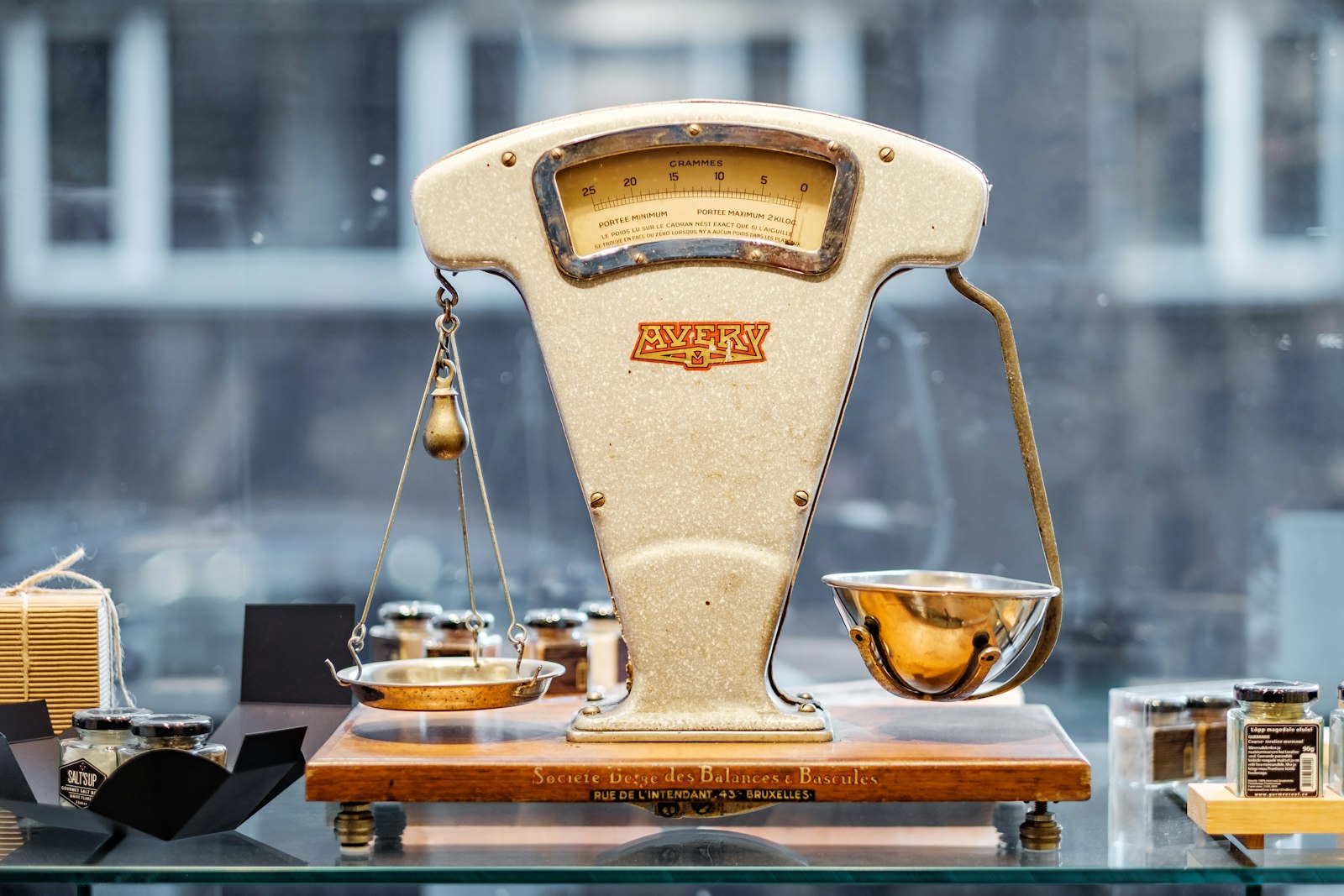There are three goalies heading to arbitration starting this week, and barring settlements in advance, all three have very good to excellent arbitration cases, and will get raises.
Arbitration must pay at least the level of the Qualifying Offer issued to the player with one exception for early team-elected arbitration, but none of these cases are of that type. The term of an arbitration award is one or two years, chosen by the party who did not elect, unless the player is a year away from UFA age, like Ilya Samsonov. Then the deal is one year.
In 2015, the NHL overhauled its own statistics website to include things like Corsi and numbers rated out per 60 minutes. At that time it was confirmed that anything on the NHL's own statistics page could be used in arbitration cases. The numbers calculated for goalies are interesting, but not something anyone has ever used in independent analysis in my experience. I've never heard of most of these metrics.
There is a count of the games started where the all-situations save % is over .900, and that is expressed as a percentage of all starts, and there is also a count of games started where the goalie is pulled as well as a percentage of complete ones. The Shots on Goal Against are rated per 60 minutes as well. This leads me to believe that when it comes to goalies, you're going to get Save %, Goals Against Average, and there won't even be a discussion of game state when looking at those numbers.
The three heading to arbitration this year are:
Ilya Samsonov
He'd be wise to discover that advanced page on NHL.com, since he's very high up the list of Games Started that finish over .900 as a percentage. He's fourth in goalies who have played at least 10 games. His Complete Game % is 95, and he has only two incomplete games. His All-Situations Save % at .919 is ninth for goalies with at least 10 games. I will not stoop so low as to even discuss GAA. They might in a hearing, but it's so irrelevant to this conversation, I can't do it.
Samsonov has a very good case for a significant increase over his QO of $1.8 million.
Filip Gustavsson
Gustavsson, who is only 25, has a better case. He is second only to Linus Ullmark in All-Situations Save % with .931, and he has one incomplete game. His Games over .900 % is third at 73%, with Ullmark and Lukas Dostal who played 19 irrelevant games in Anaheim in front of him.
The only caveat on Gustavsson is that he only started 37 games, but he stole the starter's chair from a bona fide star goaltender, so that might actually be an argument in his favour and against his foolish team. He's going to get paid, either with term in a settlement or a very high arbitration award, because he did all that this year on a $787,500 contract. His QO is only $866,250.
Jeremy Swayman
Swayman has a harder job to make a case for his own excellence since he exists in the shadow of Linus Ullmark's golden season. Nothing ever went wrong for Ullmark until the playoffs, where he was injured in some way. Swayman needs to lean heavy on his small regular season contribution and ignore his two unappealing playoff starts.
In Games over .900, he's 18th with 63.6% and only one incomplete game. Here is a victim of his low number of starts – 33. He is sixth in All-Situations Save %, however, so that's where he has to make his case.
The counter is easy: He's a backup, clearly and without question.
Swayman seems like the sort of player who has to make a lateral move to get a real raise, and next year might be a better time for him. He's coming off his ELC with a QO of $874,125 and is only 24.
History of Goalie Arbitration
The "ask" and the "offer" are not official figures in arbitration case, although sometimes they become public. Most arbitration filings never go to a hearing, and end in a settlement, so those numbers rarely come into play. Several goalies from 2019 to 2022 have filed and there are some lessons in their cases.
Kaapo Kähkönen
Last summer Kähkönen went from minimum salary to two years at $2.75 million in a settlement before arbitration with the Sharks. He was coming off a Save % of .912, but he finished 72nd out of 79 goalies who had a least 10 games played in Save % this year.
Adin Hill
In 2021, this year's Stanley Cup hero was in arbitration with the Sharks. He went from $800,000 to two years at $2.175 million in a settlement. They traded him to Vegas last summer. In 2021, Hill had just logged a .913 season on only 19 games. The next season, he managed a .906 on 25 games played. He had an okay year this year in Vegas before his phenomenal playoffs (it's almost like Save % is a team stat...)
Juuse Saros
Saros also filed for arbitration ins 2021. He went from three years at $1.5 million to four years at $5 million in a settlement. Saros has had excellent numbers every season in Nashville, including his early partial seasons when he still played in the AHL part time. They got a bargain by offering term in one of the rare cases where the goalie in question has consistency of results before and after his big contract.
Alexandar Georgiev
In 2020, Georgiev went from three years at $925,000 to three years at $2.425 million in a settlement. At the time, everyone knew he was eventually going to be traded, and would never be the Rangers' number one goalie. His performance in New York has been mixed, but his results in Colorado in one season were very good, and he seems like a serious bargain at the moment since the Avs signed him to a new contract at three by $3.4 million before he looked to be worth a lot more. Who knows what next season will bring, though.
Kaapo Kähkönen
Kähkönen also filed for arbitration in 2020, and went from two years at $950,000 to two at $750,000 in a settlement that actually got him more than his QO. He got his payday the next time, as discussed above.
Linus Ullmark
Ullmark filed in 2020 and almost doubled his salary from one year at $1.325 million to one year at $2.6 million. He's a special case because he'd just filed the year before and the $1.325 million was a settlement post hearing but prior to verdict, something you can't do anymore. That 2019 hearing was the fairly famous case where his ask was astronomical by the standards of the day. He tried to get $2.65 million in 2019, the sum he did get a year later. So not only was he right about his worth while we were all laughing at him, but he got the last laugh with his $5 million and term from Boston two years later. He's unlikely to ever top the season he just had, but he's had consistently good results his whole career, with 2019 being his only down year – and the reason his ask seemed hilariously wrong at the time.
Jordan Binnington
Binnington filed in 2019 and got a two by $4.4 million deal in a settlement. He'd just won the Stanley Cup on a pay of $650,000, so he was getting some backpay in that deal. Binnington has a reputation for emotional outbursts that clouds the judgement of his actual play. His Stanley Cup run was his best season ever, and his results since have gone down on a straight line that's unusual. It's hard to believe that's not about something beyond his actual abilities. In 2021, after two mediocre years, St. Louis overpaid him dramatically on a six by $6 million deal that remains completely inexplicable to this day.
Anton Forsberg
Forsberg filed in 2019 as well and went to the hearing. He advanced from two years at $750,000 to one at $775,000. At the time, Forsberg was in Carolina, and had bounced through Chicago after leaving Columbus. Frequently on waivers, he's been claimed three times and traded twice. He is now about to play his fourth Ottawa season, and is a good enough backup for them. It's hard to imagine what Carolina thought they were doing not just settling this one, but they got the right answer from the arbitrator.
And that's the recent history of goalies and arbitration. The cases are all settled on the most recent results and can be a way to get a young goalie at a good price for a few years.
This year is unusual because of the salary cap situation, and the three heading into arbitration might not be looking for term at all. One-year deals may suit all of them – if they have the nerve to believe they can lay down a great season to head into negotiations next year, with a bigger pie to demand a piece of. Ilya Samsonov, in particular, would need to see a very tasty number to agree to a term deal.
If I had to guess, I'd say an arbitration hearing is going to land on $3.75 or so. I'm assuming Samsonov comes in with an ask of around $5.5 million, so that would be a good deal for the Leafs if it comes out that low. Term would require some number approaching the $5 million ask and would be an extremely high-risk contract.
Update, no need to guess:
Arbitration filings in for Ilya Samsonov (TOR). Team: $2.4M; player $4.9M.
— Elliotte Friedman (@FriedgeHNIC) July 19, 2023
With Samsonov coming in that low, the midpoint is $3.65, so that's a reasonable guess on a arbitration award. He's got a case to come higher than the midpoint, however. Term is a different story. Even three years is going to be well over $4 million.



